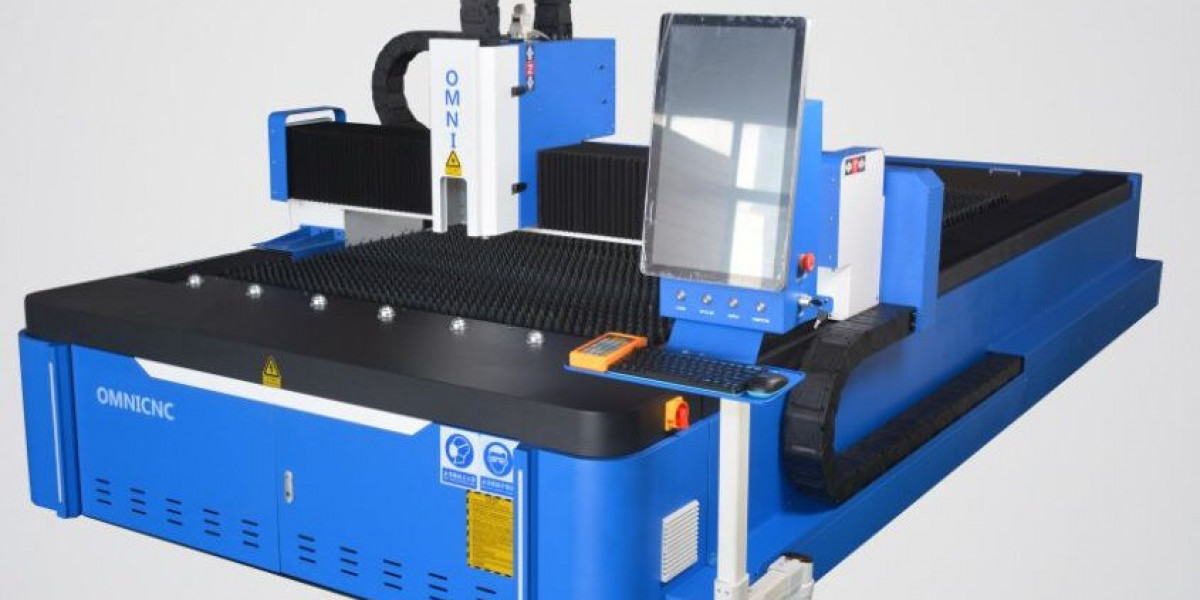A laser engraving machine is a high-precision device that uses a concentrated laser beam to etch, carve, or mark materials with text, logos, patterns, or images. Unlike traditional engraving methods, which involve physical tools that cut into a surface, a laser engraving machine relies on non-contact technology. This means the laser beam does the work by heating and vaporizing the material’s surface, leaving a permanent and detailed mark without physically touching the object.
The machine typically includes a laser source (such as CO₂, fiber, or diode), mirrors or lenses to focus the beam, and a computer-controlled system that guides the laser with pinpoint accuracy. Users can upload designs or text into specialized software, and the machine translates the digital file into exact engravings on the chosen material. This process ensures speed, efficiency, and a high level of customization.
Types of Laser Engraving Machines
CO₂ Laser Machines – Suitable for engraving non-metal materials such as wood, glass, acrylic, leather, and plastic. They are commonly used in crafts, advertising, and design industries.
Fiber Laser Machines – Specialized for metals like stainless steel, aluminum, gold, and brass. They are durable, fast, and often used in heavy industries, jewelry making, and electronics.
Diode Laser Machines – Smaller and cost-effective, often used by hobbyists and small businesses for light engraving tasks.
Applications Across Industries
Manufacturing and Engineering:
Laser engraving machines are used to mark industrial parts with serial numbers, barcodes, and product codes. These permanent markings are essential for product identification, traceability, and compliance with safety regulations.Jewelry and Personalization:
In jewelry and luxury goods, laser engraving machines allow brands and individuals to add names, dates, or logos onto rings, watches, and pendants. This personalization adds emotional and commercial value.Medical Equipment:
Medical tools and implants require permanent, sterile markings. A laser engraving machine can mark surgical instruments, prosthetics, and devices with compliance codes, ensuring patient safety and regulatory approval.Electronics Industry:
Small and detailed engravings are often needed on circuit boards, connectors, and chips. Laser engraving machines provide the precision required without damaging delicate electronics.Advertising, Crafts, and Gifts:
Laser engraving machines are widely used for creating custom signs, awards, trophies, and personalized gifts. Small businesses often use them to produce unique, high-quality products for customers.
Advantages of Laser Engraving Machines
High Precision: Perfect for detailed designs and tiny text.
Durability: Engravings are permanent and resistant to wear, fading, or chemicals.
Versatility: Can work on metals, plastics, glass, wood, leather, and more.
Efficiency: Computer-controlled automation speeds up production.
Eco-Friendly: Requires no ink, dyes, or chemicals, reducing environmental impact.
Conclusion
A laser engraving machine is a versatile and reliable tool that serves industries ranging from manufacturing and medicine to jewelry and arts. Its ability to create precise, durable, and customized engravings makes it an essential technology in today’s world. With increasing affordability and advancements in software integration, these machines are not only benefiting large industries but are also empowering small businesses and entrepreneurs to deliver professional-quality results.














